 If it seems like everyone has some advice to share about being an entrepreneur, it is because they do. The trouble often starts from trying to figure out what advice to really pay attention to. The method most of us use is to look at someone’s track record. If they have started or sold a business, they probably know what they are talking about – right? Well, not so fast. What worked for someone in launching their business may be the exactly wrong advice for you. The world changes fast, and industries do too. And the right or wrong approach can vary dramatically if you are launching an app versus creating a local services based business.
If it seems like everyone has some advice to share about being an entrepreneur, it is because they do. The trouble often starts from trying to figure out what advice to really pay attention to. The method most of us use is to look at someone’s track record. If they have started or sold a business, they probably know what they are talking about – right? Well, not so fast. What worked for someone in launching their business may be the exactly wrong advice for you. The world changes fast, and industries do too. And the right or wrong approach can vary dramatically if you are launching an app versus creating a local services based business.
A few months ago, I shared some of my thoughts about starting and succeeding in business the same week that I launched my second book, Likeonomics.
When I gave that talk, I was an “intrapreneur” – launching my own ideas while still having a full time day job working for someone else. Today I have my own business and am fully in the entrepreneur category with all the positives and negatives of stepping out on my own. As we celebrate National Entrepreneurship Month, I thought it would be valuable to share a few of the common pieces of advice I have heard entrepreneurs and “wantrepreneurs” share alike – and why you might be better off not listening to the so-called experts at all:
- Start with a big idea. This is probably the most common piece of bad advice you hear on a daily basis. There is generally a lot of pressure in our culture to have bigger and bigger ideas. If you just have a big enough idea, you can change your industry! Unfortunately, most of the time the world doesn’t really work like that. A big idea is only a piece of the puzzle, and sometimes thinking smaller is the ultimate competitive advantage because you are focusing on something that you can actually deliver and bring to market sooner. When the Flip camera first came out, the quality was average but it featured one distinct difference … they made it easy to share your videos because of the built-in USB connection.
- Ask customers what they want. Here’s the problem with this one: what people say is very different from what they actually do. So you might get lots of people telling you they would pay 99 cents for your app – but that doesn’t mean they will flock to it when you finally do launch. So instead of asking customers what they want, try to find better ways to pay attention to what they actually do right now – and what they seem to be asking for. There is no greater competitive advantage than actually solving a real problem people have in a more simple or better way than anyone else.
- Be proactive. Sure, it is great to connect with influencers through networking or being proactive about who you meet … but sometimes your ultimate marketing opportunity will come from being able to REACT in real time to an opportunity as it comes in. Earlier today Scott Stratten’s second book, The Book of Awesome, was listed on Amazon for $3.03 instead of the usual $15. Reacting quickly, he tweeted out the opportunity and encouraged people to buy it before the price was fixed. The book rocketed into the Top 100 books on Amazon and continues to rise and sell. The lesson: never underestimate the power of great timing.
- Quit your day job. If you are serious about your business, you need to focus on it full time – that’s what most people will tell you. But there is a huge upside to being able to work on your business that you are passionate about while keeping you day job … at least for a while. So if you can start your dream business on the side, why not try it for a while? You can always graduate to doing it full time if it starts to work or you want to spend more time on it. In a way, this was my story – as I launched my first two books while working for someone else, and then left to work on my own.
I love advice as much as the next writer, and as an entrepreneur you are sure to hear plenty of it. Just remember that sometimes the best way to use advice is to ignore it, and follow your own instincts to do what you think is right. It’s only a matter of time before you’ll find someone who will agree with you.








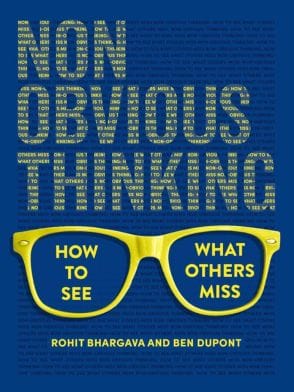






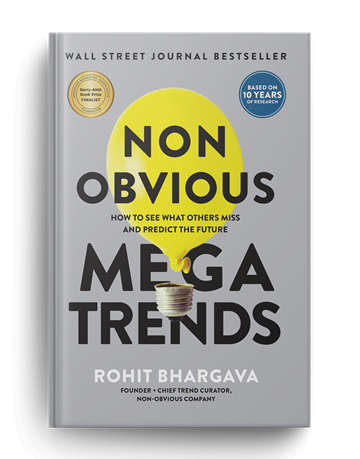
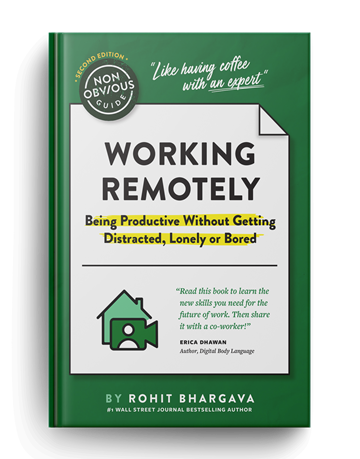
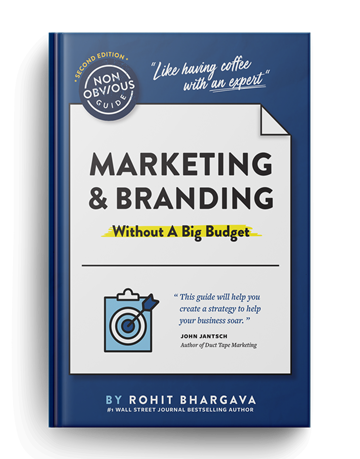

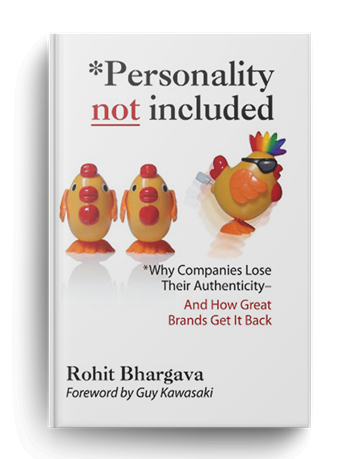
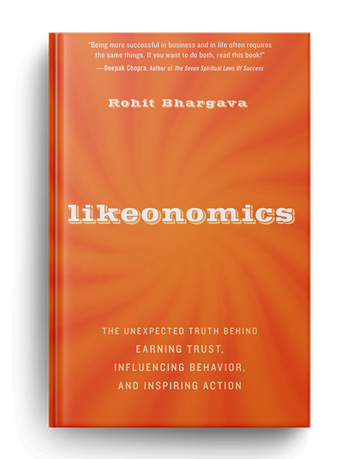


As a business start up coach I agree with your points wholeheartedly. I would add a fifth piece of advice.
There is a lot to learn before you start your business.
I find that this myth is perpetuated by educational institutions and others who don’t actually run a business. As you know the most necessary learning is done after we launch and are actually operating a business. Then we learn what we really need to know.
Excellent advice. I agree with all your points, especially #3.
It’s been my experience that opportunity finds preparation. When I was just a Data Specialist for a major Telecom provider…on major global accounts, I really wanted to be a Global Account Manager. I studied, imitated, practiced, read, and prepared as if I was the #1 Global Account Manager (GAM) in the World. The only problem, there were never any openings in the area. I would have to relocate to get a position in my lifetime. I’ll never forget…it was six months later…the 2nd day of the new year. I was invited into the GM’s office and was offered a GAM position. Three account managers were moving on…which was unheard of. Because of my outrageously enthusiastic response to the offer, they did not interview anyone else. They immediately gave me the position and all the accounts of 3 GAM (a $20M base to protect and grow).
This same preparation mindset has worked for me as an entrepreneur for the last 10 years for personal opportunities and opportunities on behalf of clients.
CD
I definitely think quitting your day job to focus on your company is what makes it succeed.
I agree with #2 for the reason you stated. But also if it was that easy, then there are probably well-established competitors that have dominated that niche before. You need to have experience in that industry (working in it for years helps), so you already have an idea on what their pains are.